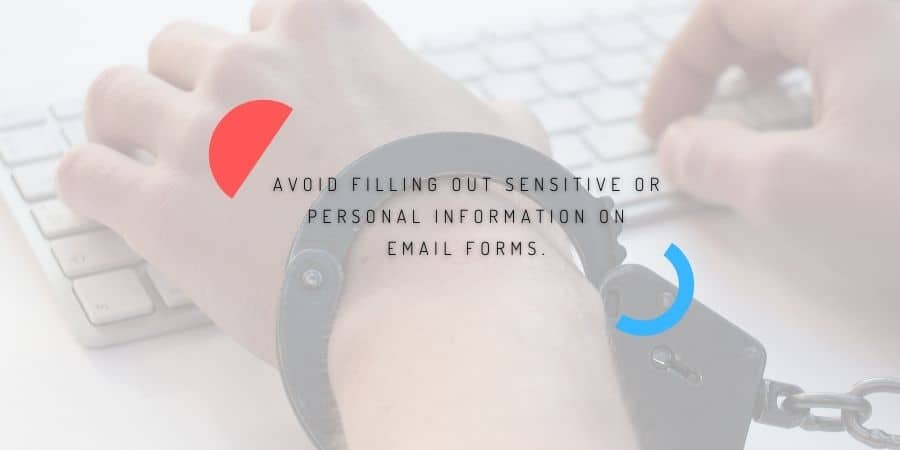The long-awaited holiday season is here, and ’tis the season to be wary! The year 2020 turned out to be; the holiday season is something that can cheer people up after the gloom state of 8 months, but it is not only the season of gifts, joy, and holidays but cyber threats too. If we consider the past few seasons it is guaranteed that at least one retail data breach will happen. Increased online shopping, and a high volume of transactions, are like a playground of cybercriminals who are on the prowl for sensitive user data. Businesses are also vulnerable to these threats and not just individuals. Hence everyone should follow a few tips to keep an eye on their data.
- To start with a very basic one, by keeping an eye, we meant keeping an eye on your credit and debit card statements and verify all activity.
- Prefer a third-party payment vendor as they protect the primary funding source. Common payment vendors are Venmo, Google Pay, Paypal, and Amazon Pay. In case these services are compromised someday, only the transactions will be affected and not the bank related data. The credit and debit card info will remain protected.
- Control your transactions by choosing “push” rather than “pull” payments. The payer and receiver both have the option to initiate a transaction while a payer can send money, a receiver can request one. That is the push and pull payment, respectively. Always choose push payments as that gives you greater control over transactions and alerts you to any suspicious activity.
- Be mindful of what you receive in your inbox. Especially pay attention to e-mails with pictures in attached files, as they a likely to contain malware. Don’t open attachments from unknown senders, and scan the attachment for viruses, if possible.
- Avoid filling out sensitive or personal information on email forms.
- Be cautious of SMS phishing because even the brand names you think you know and have subscribed to can be fraudulent.
- Use the official website instead of potentially compromised email links when logging on. If you receive an email from your bank or other company you deal with frequently, check if their contact information is legitimate before responding.
- If one requests personal information, cross-check it by contacting them through the contact information on their official website. The things that require urgency and quick response are probably a scam.
- Seasonal scams are a thing as fraudsters try to trick users in the name of fake package tracking email, fake e-cards, fake charity donation scams. Mostly they will be requesting you to confirm purchase information. Use known and trusted URLs only instead of clicking on links.
- Always think twice before clicking on any links, or opening attachments; even if they appear known or from a legitimate organization, or even your bank. E-mails can easily be faked to trick someone. If you suspect anything even slightly wrong, don’t go through with it and inform the authorities. Always remember, when in doubt- throw it out.





